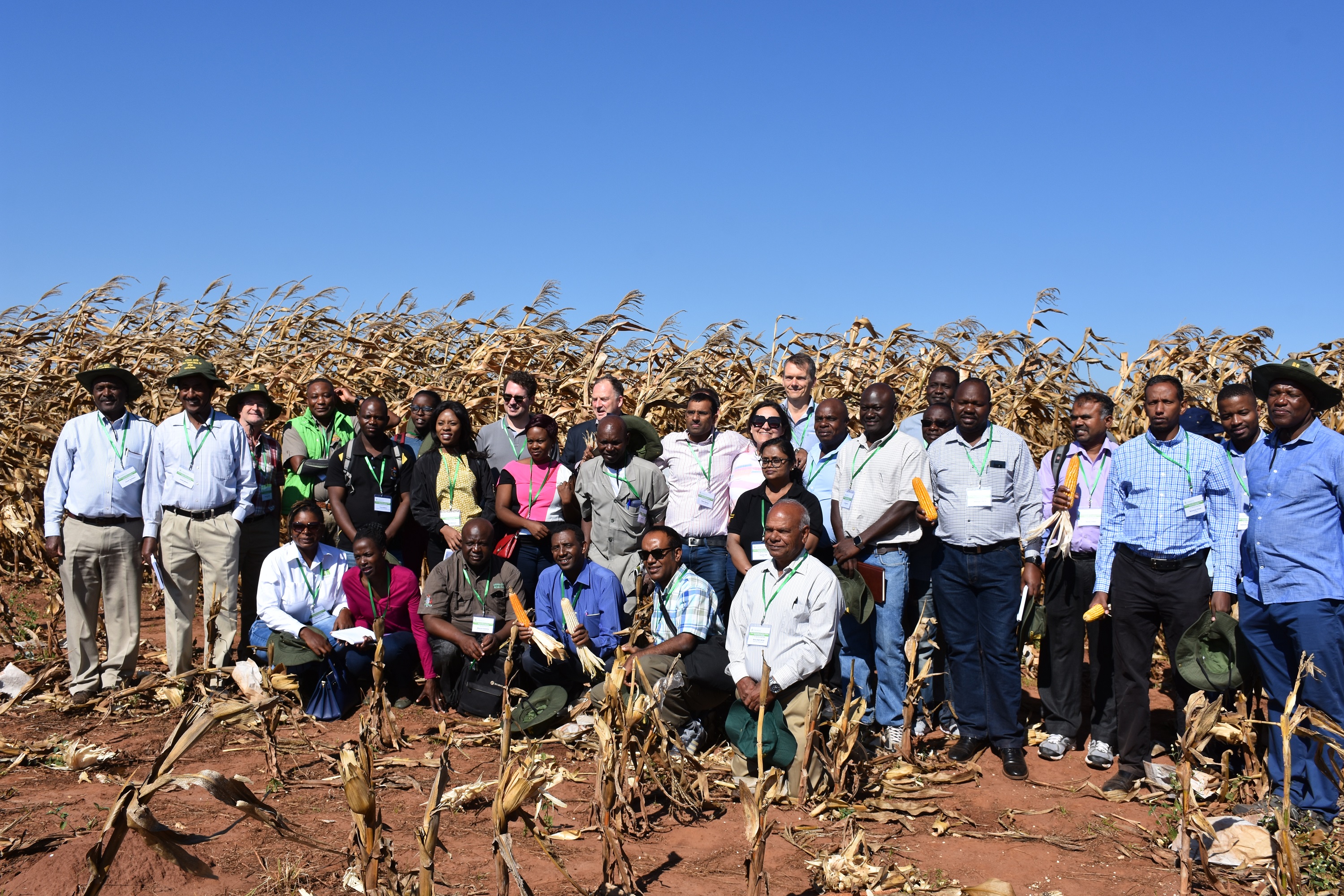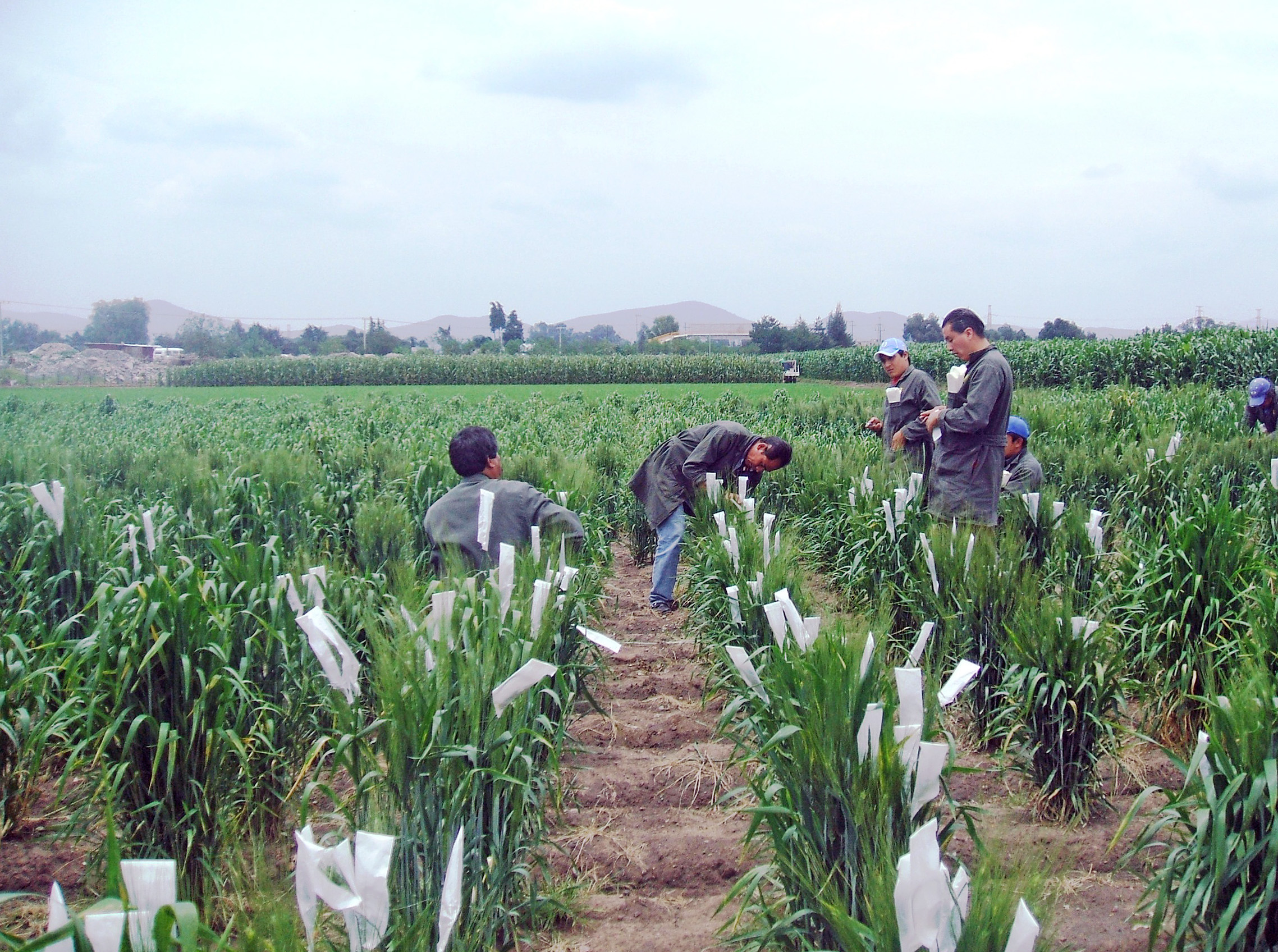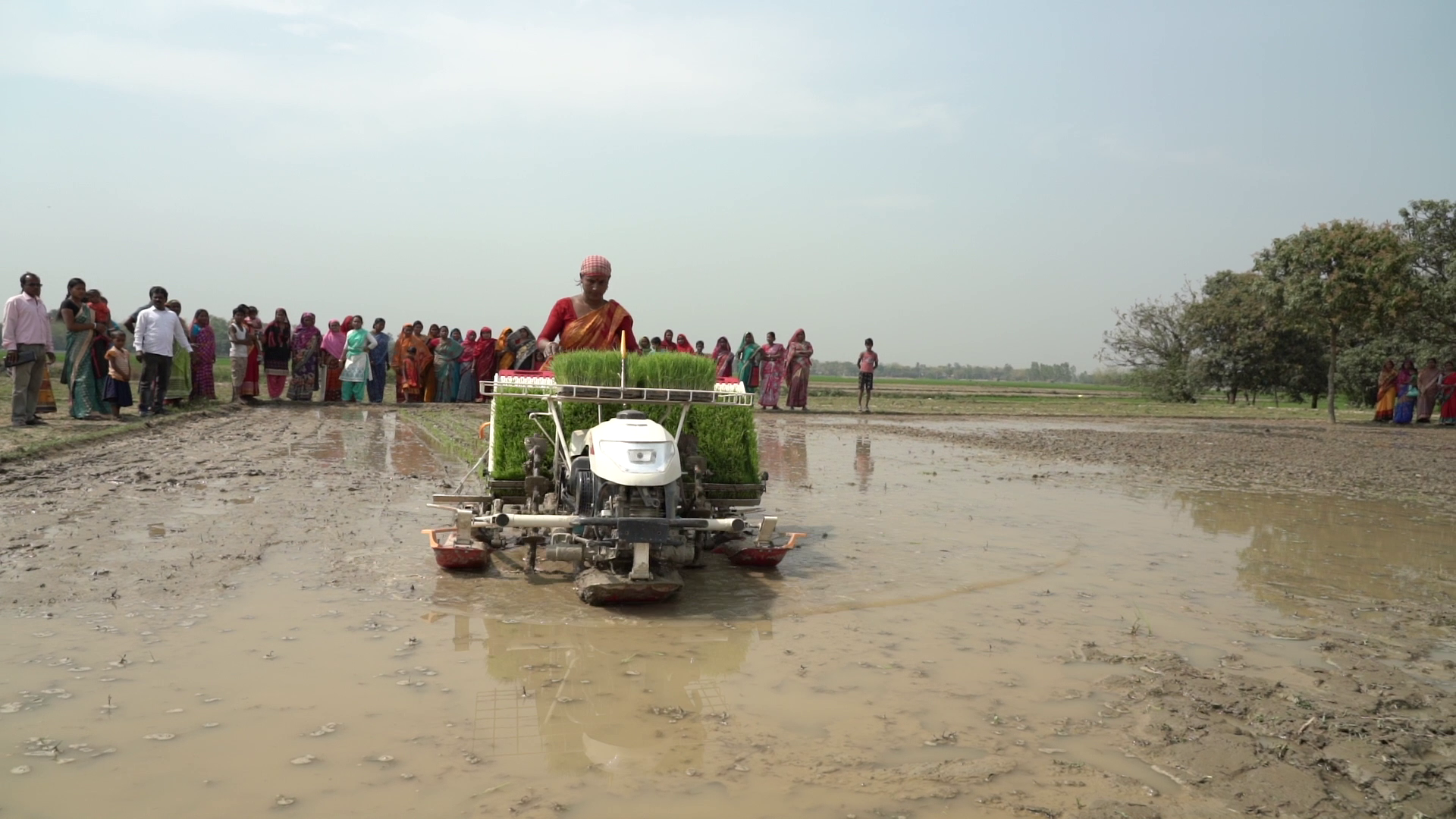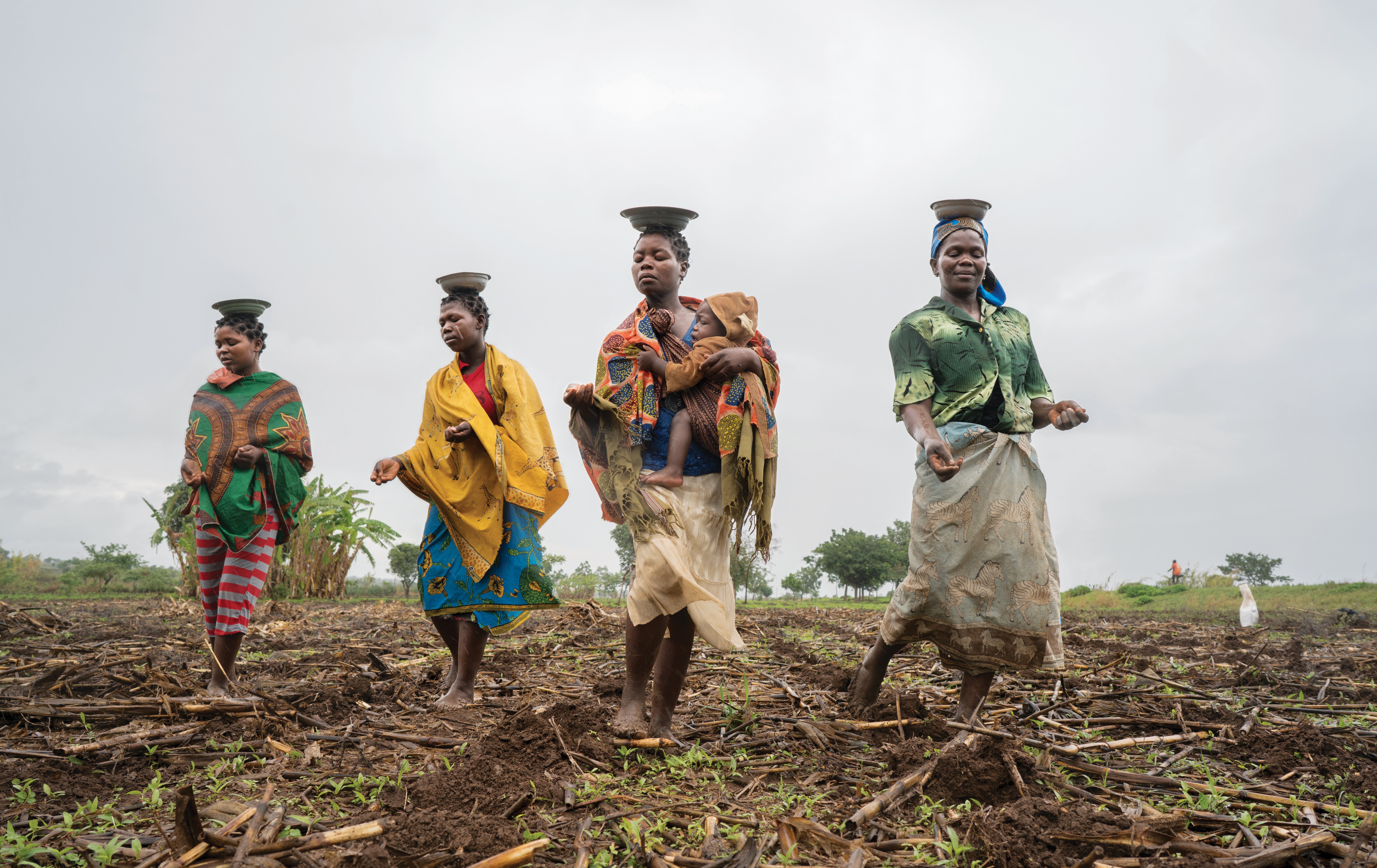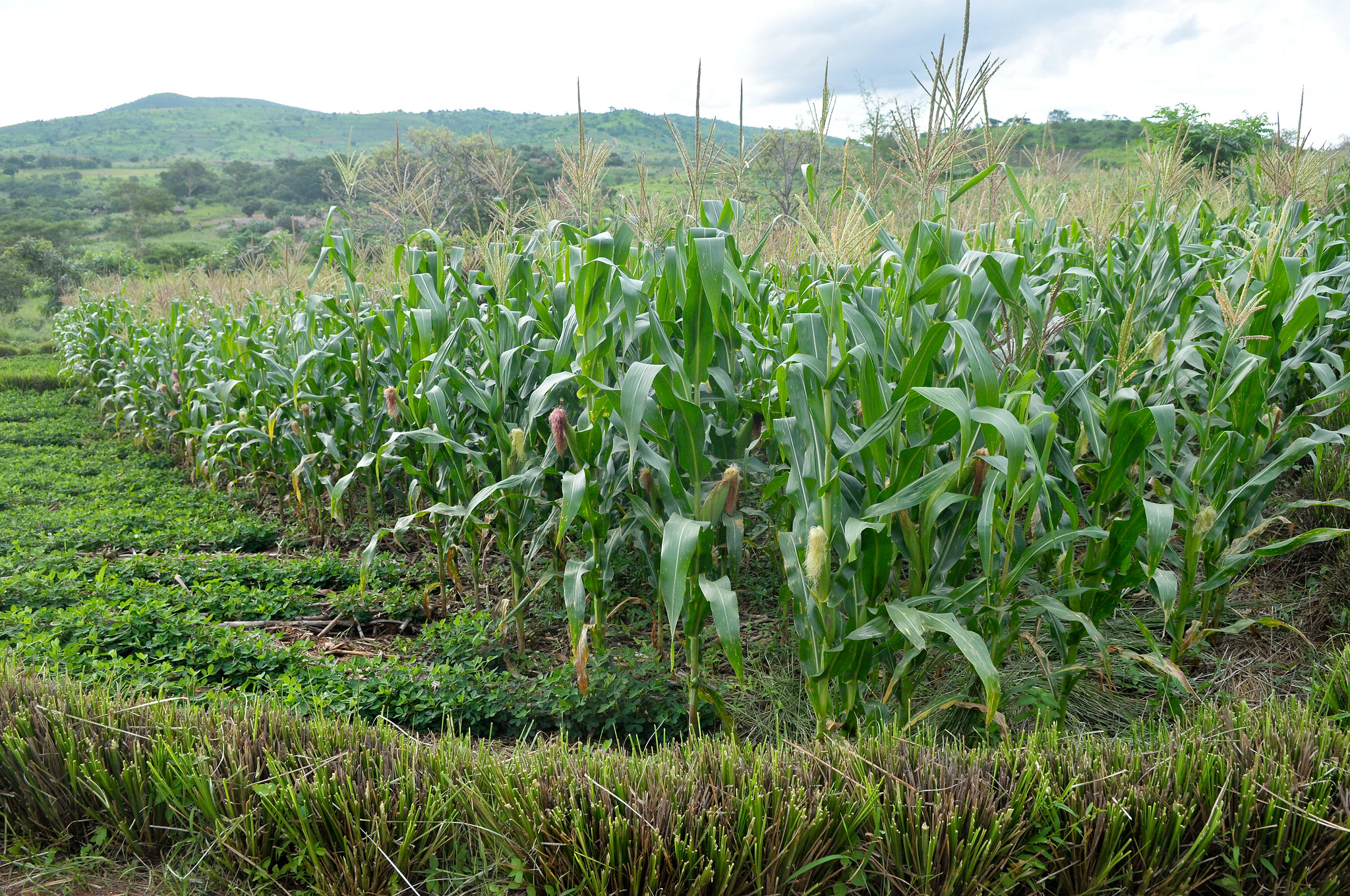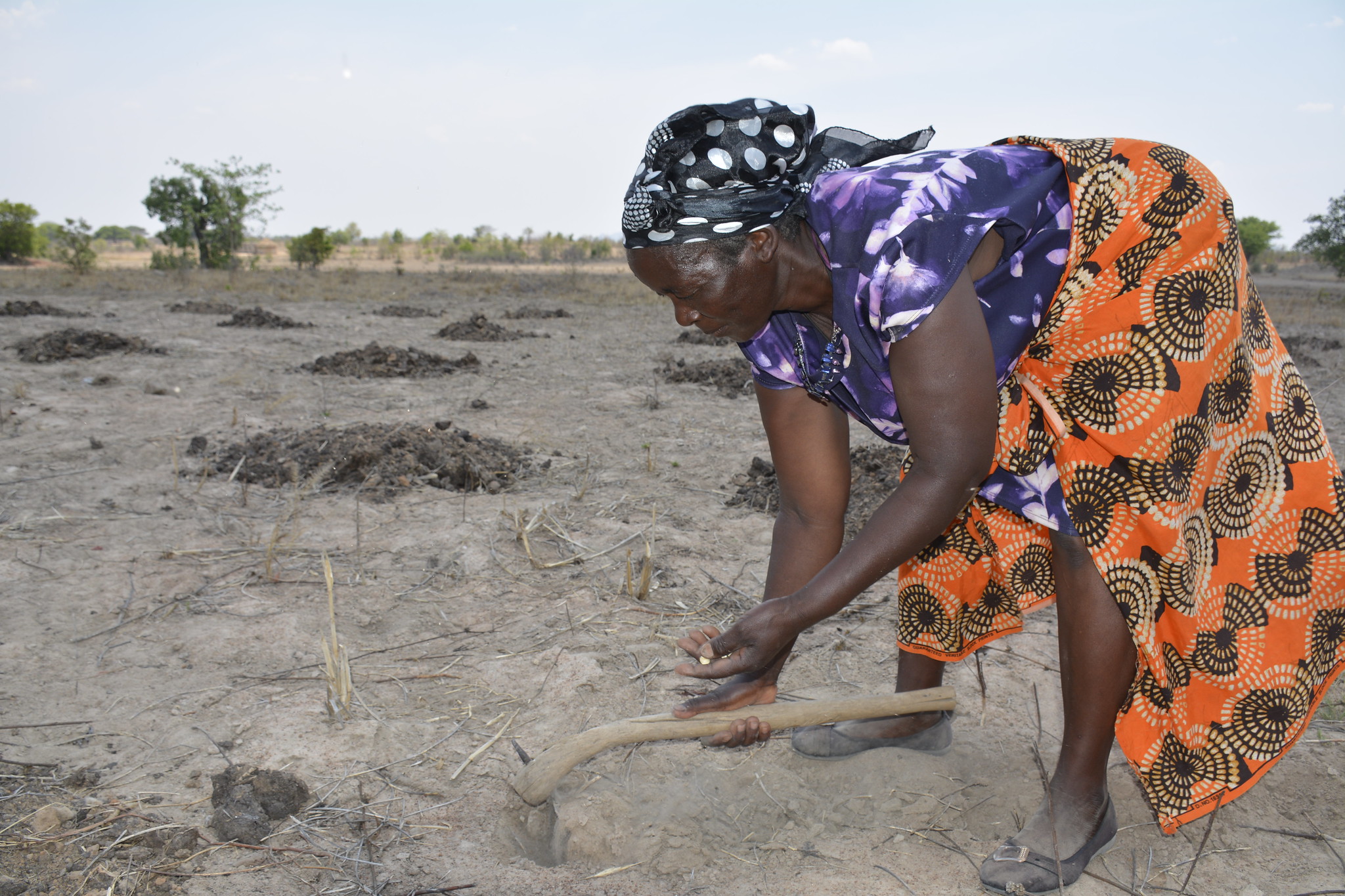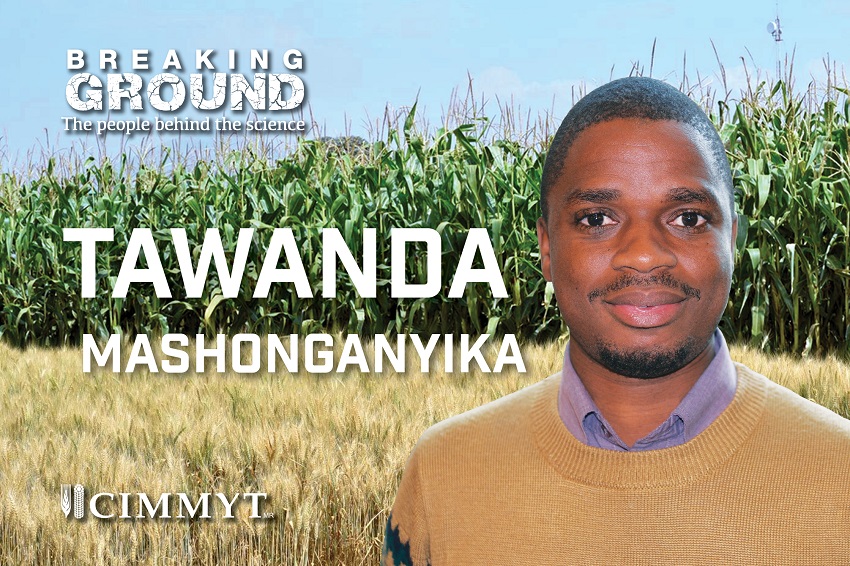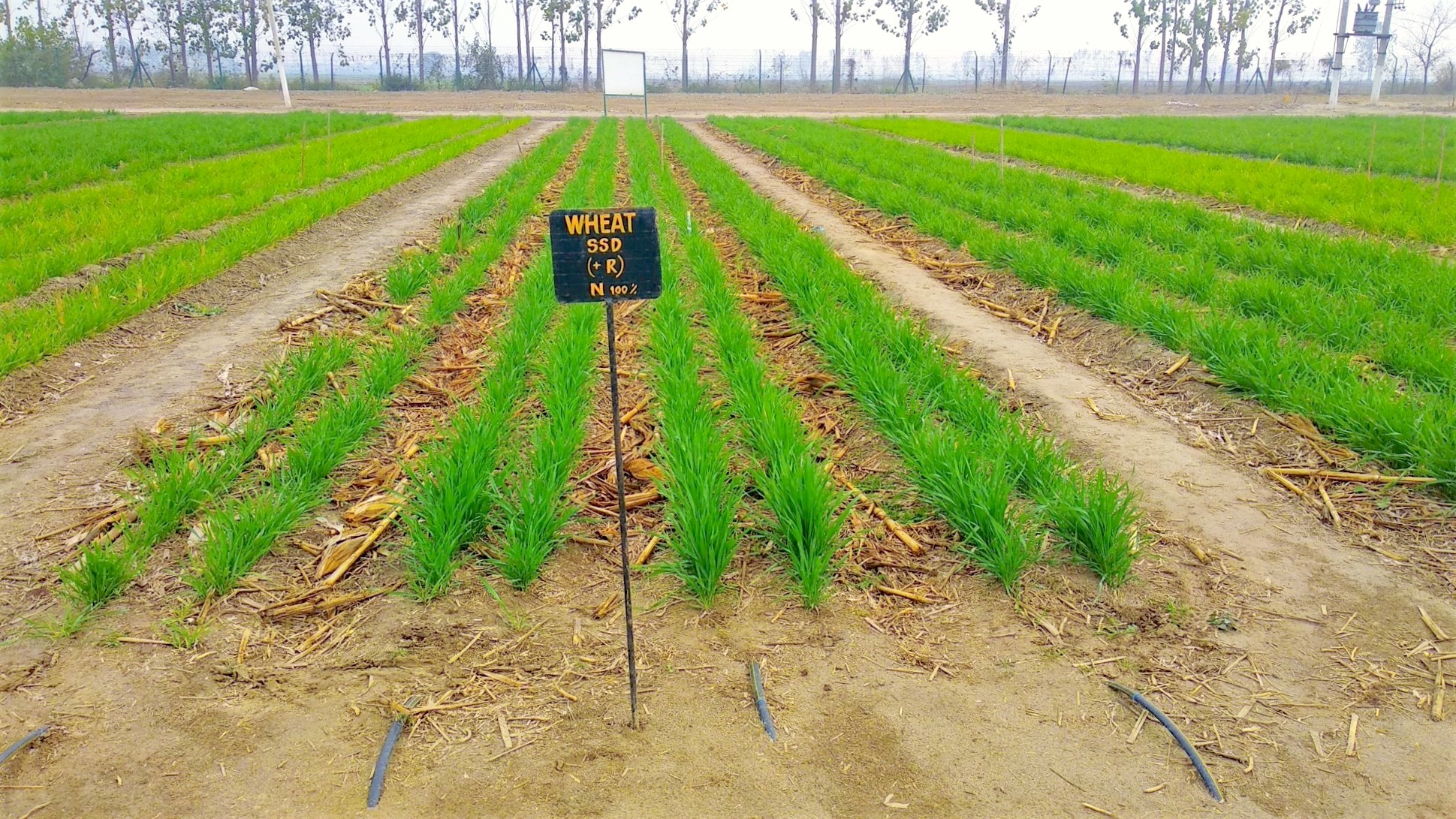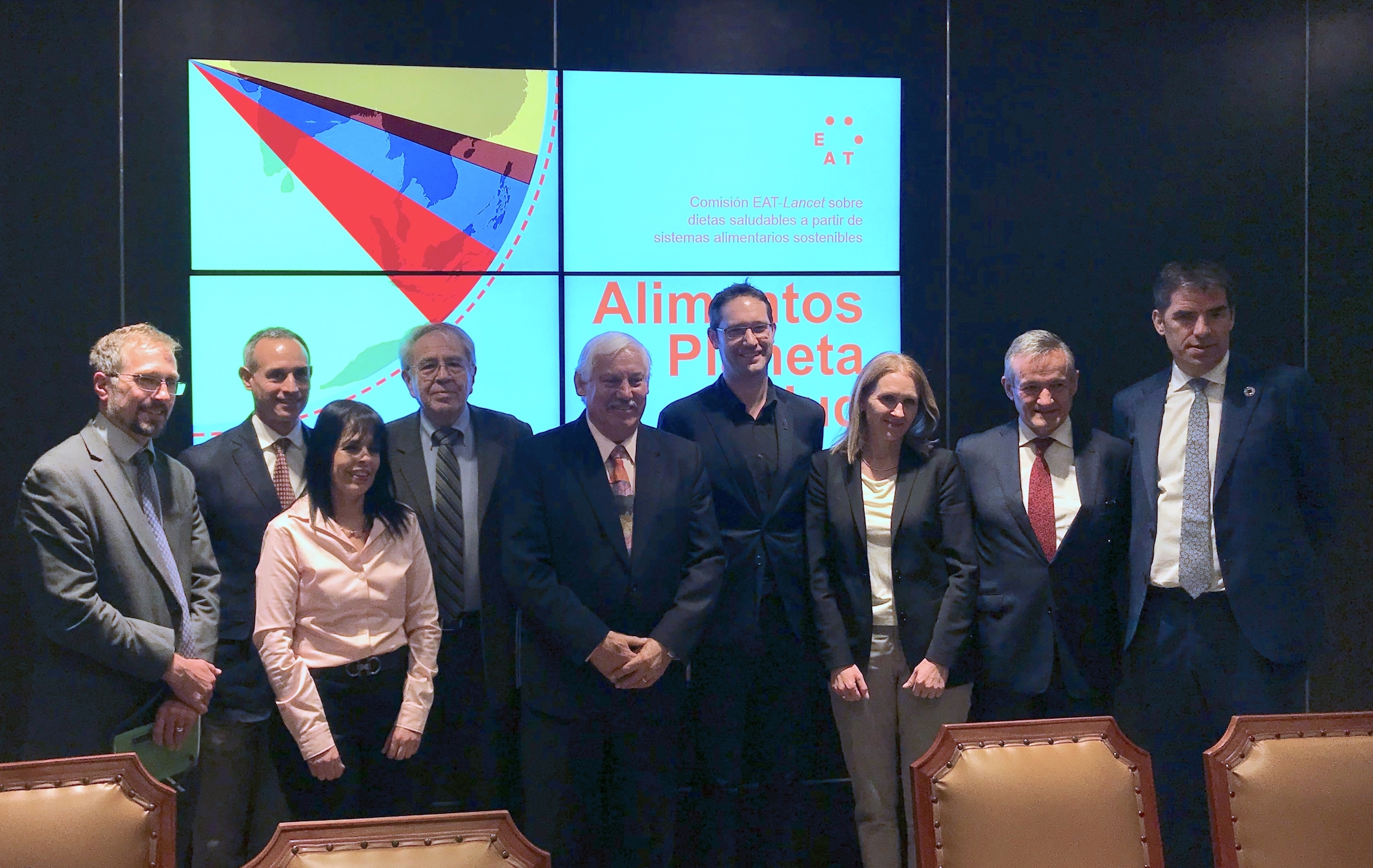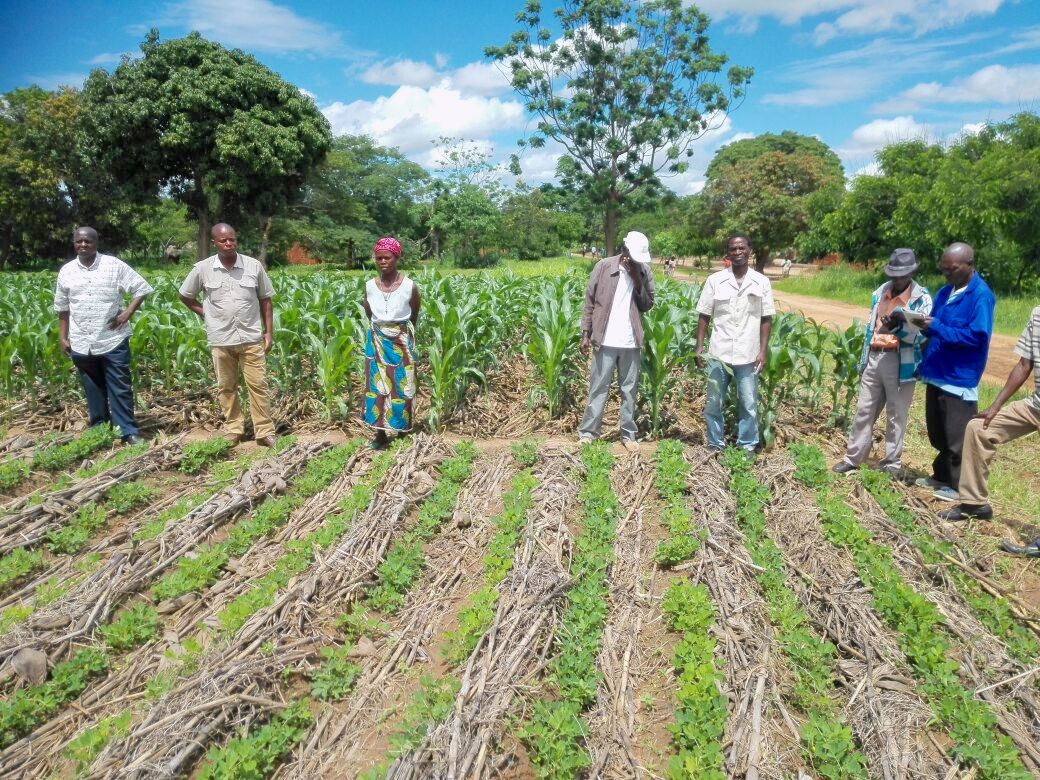Climate adaptation and mitigation
Climate change threatens to reduce global crop production, and poor people in tropical environments will be hit the hardest. More than 90% of CIMMYT’s work relates to climate change, helping farmers adapt to shocks while producing more food, and reduce emissions where possible. Innovations include new maize and wheat varieties that withstand drought, heat and pests; conservation agriculture; farming methods that save water and reduce the need for fertilizer; climate information services; and index-based insurance for farmers whose crops are damaged by bad weather. CIMMYT is an important contributor to the CGIAR Research Program on Climate Change, Agriculture and Food Security.
Shifting to a demand-led maize improvement agenda
 Climate adaptation and mitigation
Climate adaptation and mitigation
In annual meeting, STMA project partners build on the successes of research in combatting drought, heat, pests and disease.
Rebuttal letter sets the record straight on crop breeding for climate change resilience
 Climate adaptation and mitigation
Climate adaptation and mitigation
Crop scientists refute the flawed findings of a study questioning climate resilience in modern wheat breeding.
SRFSI: The West Bengal story
 Climate adaptation and mitigation
Climate adaptation and mitigation
In the state of West Bengal, India, farmers and entrepreneurs are finding success with the help of climate-smart conservation agriculture practices.
Looking forward, looking back
 Climate adaptation and mitigation
Climate adaptation and mitigation
Partners from four countries reflect and plan ahead after five years of the SRFSI project.
Book launch: Lead farmers in eastern and southern Africa
 Climate adaptation and mitigation
Climate adaptation and mitigation
A new book draws on experiences of men and women farmers across eastern and southern Africa who bravely embraced change to improve their farming methods and the lives and livelihoods of their families.
CIMMYT and Clinton Foundation launch partnership to improve access to climate-resilient maize seed in eastern and southern Africa
 Climate adaptation and mitigation
Climate adaptation and mitigation
New partnership will help farmers in Malawi, Rwanda and Tanzania have better access to seeds that help maize crops better withstand growing challenges of drought, pests, diseases, and climate change.
To manage El Nino-related crop distress in eastern and southern Africa, invest in drought-tolerant seeds and better soil and water care
 Climate adaptation and mitigation
Climate adaptation and mitigation
Government support vital for deploying climate-resilient seeds and practices, say agriculture experts
Breaking Ground: Tawanda Mashonganyika unites crop breeders and market experts for more impactful varieties
 Climate adaptation and mitigation
Climate adaptation and mitigation
He supports breeders to design new varieties focused on replacing older products in a specific market.
Zimbabwe Agriseeds partners CIMMYT in production of new drought tolerant cultivars
 Climate adaptation and mitigation
Climate adaptation and mitigation
Source: Food Business Africa (3 Apr 2019)
Partnership will facilitate production of drought tolerant varieties in the wake of persistent climate change.
Towards Climate-Smart And Sustainable Agriculture in India
 Climate adaptation and mitigation
Climate adaptation and mitigation
Source: Outlook (1 Apr 2019)
CIMMYT, NICRA, ICAR and other partners jointly implemented the Climate-Resilient Agricultural Practices – Climate-Smart Villages Project, which is now being scaled up.
Innovative irrigation promises “more crop per drop” for India’s water-stressed cereals
 Climate adaptation and mitigation
Climate adaptation and mitigation
A study demonstrates how rice and wheat can be grown using 40 percent less water.
Farmers should shift to drought-tolerant crops
 Climate adaptation and mitigation
Climate adaptation and mitigation
Source: Business Daily (18 Mar 2019)
For the past decade, CIMMYT has invested in breeding and strengthening the adoption of drought tolerant crop varieties across the continent.
Becoming drought resilient: why African farmers must consider drought tolerant crops
 Climate adaptation and mitigation
Climate adaptation and mitigation
Source: Inter Press Service (15 Mar 2019)
For the past decade, CIMMYT has invested in breeding and strengthening the adoption of drought tolerant crop varieties across the continent.
Farmers key to realizing EAT-Lancet report recommendations in Mexico, CIMMYT highlights
 Climate adaptation and mitigation
Climate adaptation and mitigation
CIMMYT was invited to discuss the findings of the EAT-Lancet Commission report and its implications for Mexico.
Policy forum in Mozambique recommends scaling sustainable agriculture practices
 Capacity development
Capacity development
Unsustainable farming practices like monocropping are impacting soil health and reducing the productivity of farms.
